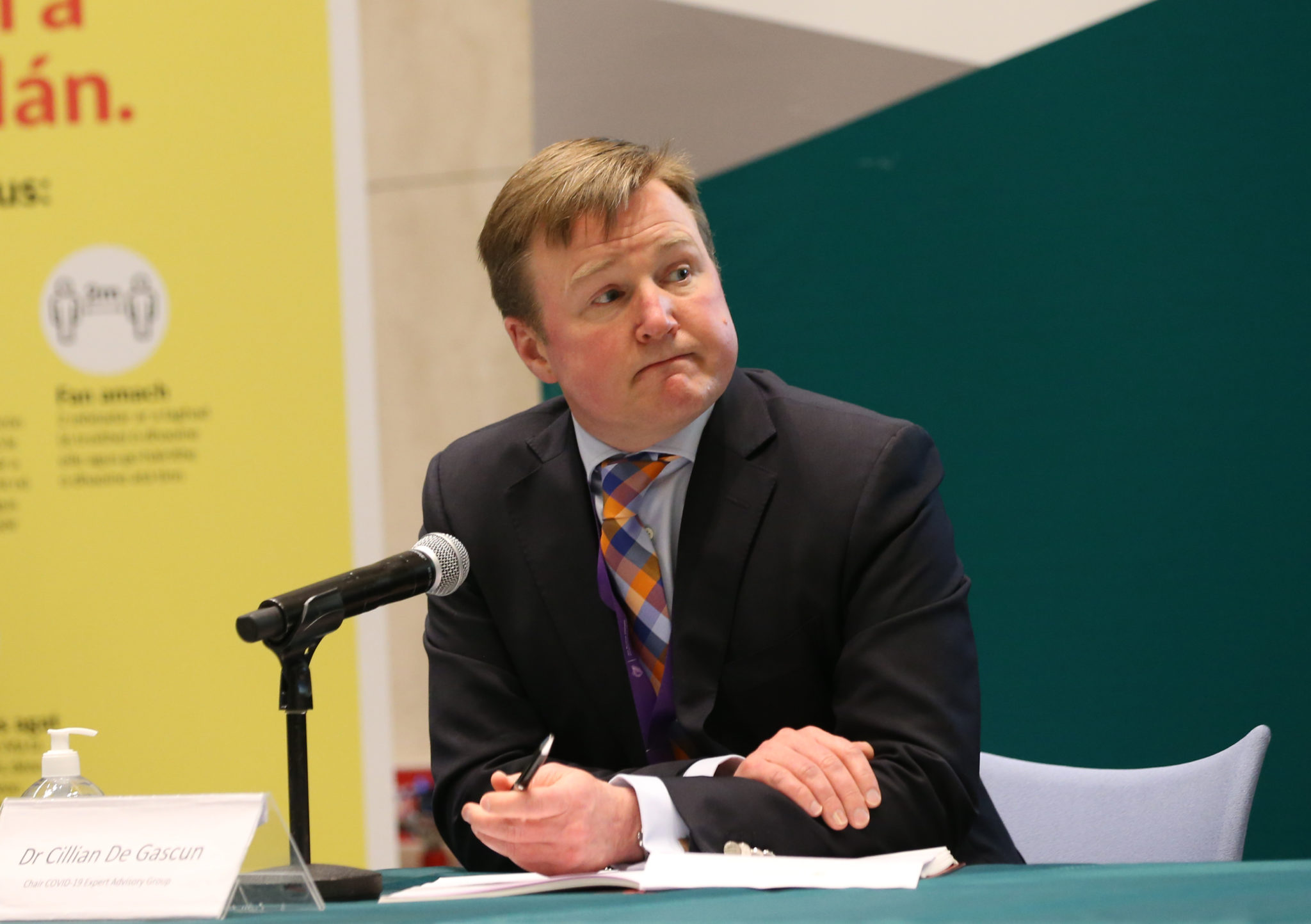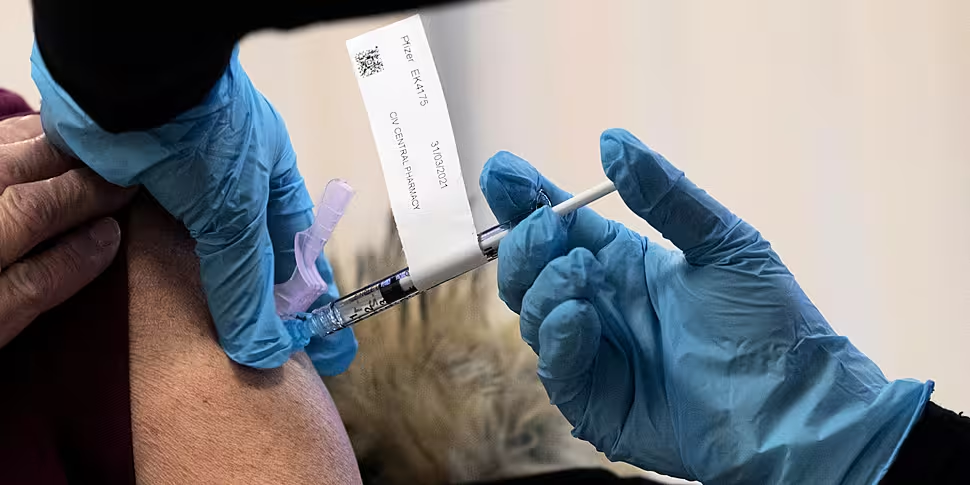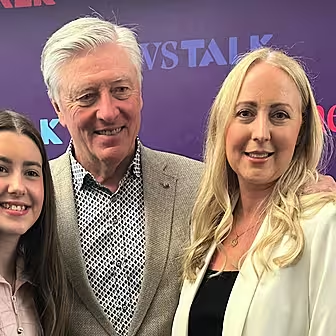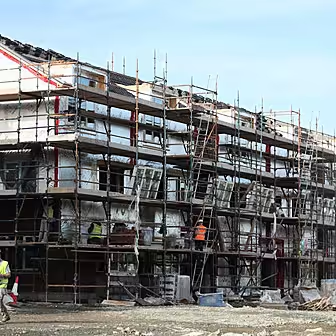A senior member of NPHET says annual coronavirus vaccinations might not be necessary but people may need to get booster doses as new variants emerge.
It comes as AstraZeneca says a trial suggests its COVID-19 vaccine only has "limited" effectiveness against the South African variant.
The company confirmed that early data from a small study has shown limited efficacy for the vaccine against mild disease primarily due to this mutation.
However, a trial suggests it does prevent severe symptoms and deaths.
There have been nine cases of the South African variant detected in Ireland so far.
Dr Cillian De Gascun, Chair of NPHET's Expert Advisory Group, says the vaccination campaign will need to respond as the virus changes.
The three main variants in the country are from the UK, South Africa and Brazil, and while it was "good news" that no cases of the variant originating in Brazil have been reported in Ireland as yet, he and others are "concerned about all three of them".
He told On the Record with Gavan Reilly: "We know that the UK variant...accounts for about 75% of our cases here, it really is our dominant strain."
He said we need to "be aware that the virus we're dealing with now".
"They all appear to be more transmissible, they all share a common amino acid change that improves their ability to bind to our cells and to cause an infection, and they all seem to be fitter in replicating and they all seem to lead to a higher amount of virus being produced by an infected individual which would also contribute to transmissibility," he explained.
His particular concern over the South African and Brazilian mutations is that in addition to being more transmissible, they also have more amino acid changes.
Dr De Gascun said the spike protein has changed, and while this doesn't come as a big surprise, it is a concern when it comes to vaccines and will need to be monitored over the coming years.
"People will be aware of the fact that the influenza vaccine changes every year," he added.
"Now we know coronaviruses don't mutate quite as often as influenza viruses but they still are capable of changing and evolving.
"So we may not need to necessarily go to an annual vaccination campaign for SARS-CoV-2, it's possible that there will need to be booster doses over the coming years as the virus evolves."
As the immunisation programme is rolled out, public health officials will be looking at cases among people who have already received the vaccine, Dr De Gascun added.
 Dr Cillian De Gascun. Photo: Sasko Lazarov/RollingNews.ie
Dr Cillian De Gascun. Photo: Sasko Lazarov/RollingNews.ieEarly data shows that vaccinations do have an impact on the viral load, the amount of virus that people are producing.
Dr De Gascun explained that this is good news in terms of transmissibility of COVID-19 in the community.
"We're getting information that it will have an impact on the duration of positivity, the amount of time that people are shedding virus," he said.
"So it's likely that the vaccines, as we increase the proportion of the population that's vaccinated, will have an impact on transmission and will have a significant additional benefit.
"Whether we get to a level of community protection on account of the new variants or emerging variants, we'll have to wait and see.
Dr De Gascun concluded that "on a positive note, the only way the variant from South Africa will have an impact on our vaccination programme here is if it becomes the dominant strain globally".
This can be combatted through international travel restrictions to prevent its spread, as well as adherence to public health guidelines, he added.









